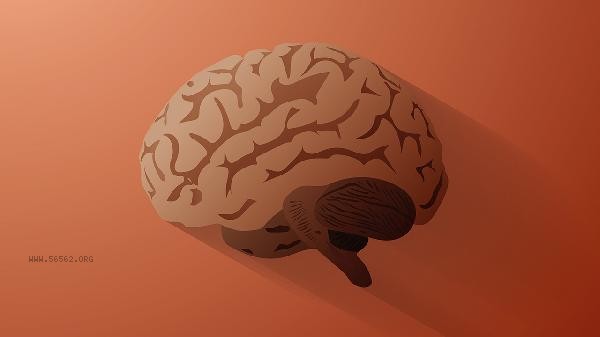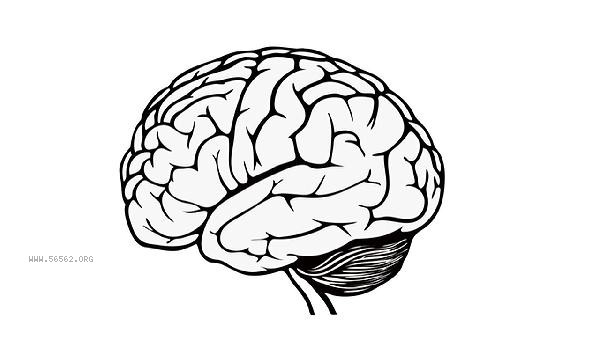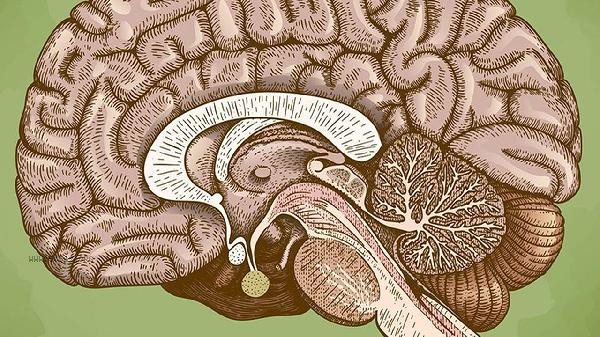The inability of the brain to control wild thoughts and accompanying psychological discomfort may be a manifestation of anxiety or overthinking, usually related to stress accumulation and emotional regulation imbalance. In rare cases, it is necessary to be alert to the possibility of anxiety disorders or depression. This type of state is mainly influenced by factors such as rumination habits, unresolved emotions, poor sleep quality, neurotransmitter disorders, traumatic events, etc.

1. Habits of rumination
Repeatedly chewing negative thoughts can form thinking inertia, weaken the regulatory function of the prefrontal cortex on the amygdala, and lead to sustained attention fixation on negative events. Establishing thinking pause techniques such as mindfulness breathing can help break this vicious cycle. Keeping a mind diary can also help identify recurring negative thinking patterns.
2. Untreated emotional backlog
Long term suppressed emotions can be expressed in the form of confused thinking, and the body sends signals through psychological discomfort. Emotional free writing practice can release pent up feelings, and artistic expression therapy can also promote emotional externalization. Conducting weekly emotional review can prevent emotional accumulation.
3. Poor sleep quality
Rapid eye movement (REM) sleep deprivation can affect the efficiency of the brain in clearing metabolic waste, leading to cognitive stickiness the next day. Maintain a stable sleep rhythm and avoid blue light stimulation 90 minutes before bedtime. A short nap of no more than 30 minutes can improve cognitive function.

4. Neurotransmitter disorders
Decreased serotonin levels may lead to a sense of loss of control in thinking, and abnormal dopamine secretion can affect attention regulation. Regular aerobic exercise can promote neurotransmitter balance, and supplementing with foods rich in tryptophan in the diet also has an auxiliary effect.
5. Unresolved psychological trauma can lead to defensive overthinking, manifested as mental flashbacks or catastrophic imagination. Trauma focused cognitive-behavioral therapy can effectively handle such situations, and eye movement desensitization therapy is also helpful for trauma memory reorganization. When this state persists for more than two weeks and affects social functioning, it is recommended to seek psychological assessment. In daily life, try the 478 breath method to regulate the autonomic nervous system, cultivate the habit of focusing on a single task, and reduce the fragmentation of thinking caused by multitasking. Establishing stable life anchors such as fixed meal times and regular exercise can enhance the brain's sense of control over thinking. Limit late night rumination and schedule worry time for specific periods during the day to avoid emotional fermentation before bedtime.









Comments (0)
Leave a Comment
No comments yet
Be the first to share your thoughts!